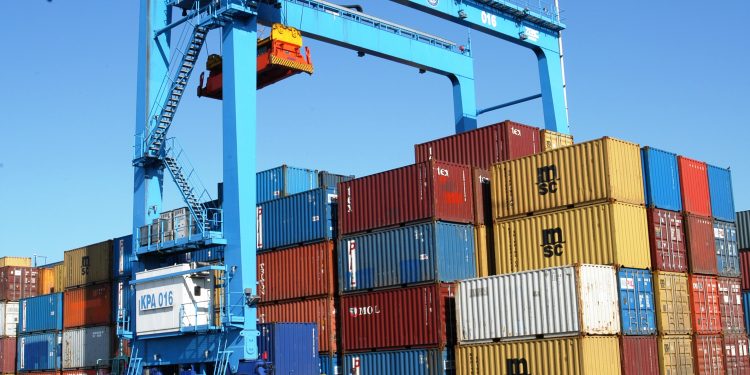The Kenya Ports Authority will be sold to the government of China if Kenya Railways Corporation defaults on her loans, the Auditor General’s report on the financial health of the institution has revealed.
KPA was used as a collateral and the government waived a sovereign immunity by signing an agreement that states that KPA’s revenues will be used to pay Kenya’s debt to China Exim Bank if the minimum volumes required for consignment are not met.
“The KPA assets are exposed since the Authority signed the agreement where it has been referred to as a borrower under clause 17.5 and any proceeding against its assets by the lender would not be protected by sovereign immunity since the government waived the immunity on the Kenya Ports assets by signing the agreement,” read the expert opinion signed by FT Kimani on behalf of the Auditor General.
In case Kenya Railways fails to meet its debt obligations, China Exim Bank would become KPA’s principal holder if it exercises its power over the escrow account security.
Auditor General says the agreement is biased since any non-performance or dispute with the China Exim Bank would be referred to arbitration in China, whose fairness in resolving the dispute may not be guaranteed.
Kenya borrowed $3.233 billion loan from China’s Exim Bank in May 2014, comprised of $1.633 billion commercial loan and $1.6 billion concessional, for its 385km Standard Gauge Railway.
The loan payment, whose interest is 3.6 percentage points above the six months average of London Inter Bank Offered Rate (Libor), will commence next year after a five-year grace period.
Kenya will pay Exim Bank of China Ksh34.8 billion in the financial year 2019/20 from Ksh6.07 billion this fiscal year, and Ksh8.39 billion in 2018-19.
Cumulatively, the government will spend Ksh82.85 billion in the year starting July next year to pay Chinese lenders compared to Ksh26.61 billion it paid in the current year ended June.
Already, KPA is one of the institutions identified by the Privatisation Commission to be sold as the government seeks to raise funds to support its budget.
Other state-owned corporations approved for sale are National Bank of Kenya, Consolidated Bank of Kenya, Kenya Meat Commission, Development Bank of Kenya, East African Portland Cement, Kengen, Kenya Pipeline Corporation, and five sugar millers — Chemilil, Sony, Nzoia, Miwani and Muhoroni.




